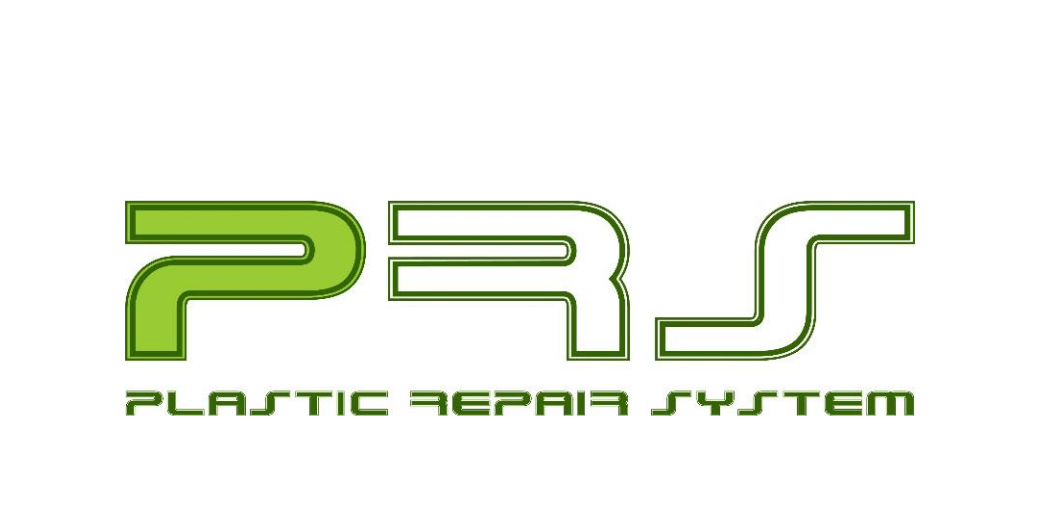New life for old plastic

date: 02/10/2018
permalink: Main URL
Plastic is often thought of in terms of small throwaway items, which pollute the environment when not collected and disposed of properly. Such plastic items include packaging, broken toys, drinking straws and coffee cup lids. But plastic is also used for large, heavy items, and in a variety of settings including factories, transportation, agriculture and sports activities. Large plastic items – such as pallets and storage containers, waste and recycling bins, children’s playground equipment and sports arena seating – represent a massive use of resources and also entail environmental risks when they reach the end of their useful lives and have to be disposed of.
It therefore makes sense to repair such items and extend their lives where possible. A Spanish company, Plastic Repair System 2011 SL (PRS), has developed a patented and certified welding technique that does just that. Using plastic filler, the company can fix items such as plastic crates used for storage or for food transportation, tanks for liquids, plastic vehicle parts and sports-stadium seating. PRS claims that repaired items are returned to full functionality and retain at least 98% of their original strength. The PRS approach offers great value in company supply chains, for example, where the ongoing replacement of transportation and storage equipment can mount up to a significant annual cost.
Such repairs offer substantial environmental and resource efficiency benefits compared to a scenario in which large plastic items are discarded and replaced by a new product. The repair-versus-replace cost saving can be 70% or more according to PRS, while the CO2 emissions saving is 98%. To repair, for example, the frame of a plastic shipping crate that weighs 26 kilogrammes might require about 100 grams of virgin plastic filler, with a cost of repair of €20 or €30. This represents a significant environmental and cost saving in a scenario in which a new crate would cost €100 and would involve 26kg of virgin plastic plus the energy and water needed in its manufacture.
PRS has expanded in Spain from its home base in the autonomous community of Navarre to a network of 26 authorised workshops throughout the country. The company would like to expand further and points out that its plastic repair technique is profitable and offers potential repairers a broad market with significant growth potential.
The effectiveness of the PRS approach has not gone unnoticed. The company is a shortlisted finalist in the European Commission’s 2018-19 European Business Awards for Environment in the Product Services category, having won the Spanish national award in the 2017-18 competition. Winners of the 2018-19 European competition – intended to celebrate the most impressive eco-innovative cases from the European business sector – will be announced at an awards ceremony in Vienna on 14 November 2018.
Further information:
PRS: http://www.plasticrepair.es
European Business Awards for the Environment: http://ec.europa.eu/environment/awards/index.html
